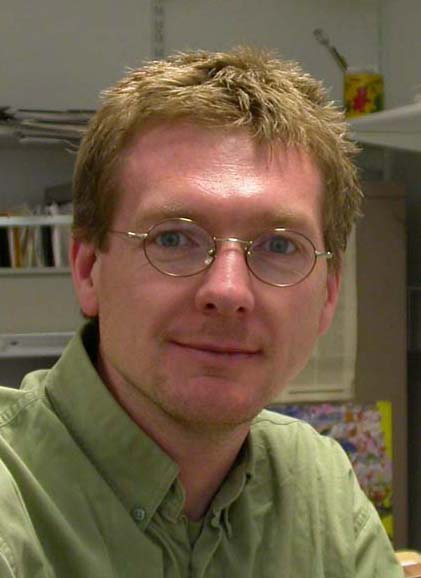A former biology teacher with a lifelong interest in natural history became California's foremost ornithologist and mammalogist. He was the founder and first director of the
Of course, this being the early 20th century, the art of writing wasn't quite dead, and his scientific works are quite entertaining to read. Check this, from
Grinnell was devoted to wildlife conservation, particularly through the National Park system, and performed numerous long term studies in
His strength was in accurate observation and record keeping:
His vision is being followed up too... there is now a resurvey project going back to his old haunts
Many of his books and articles describing Californian avifauna are online (google them), but among the areas where he was ahead of his time are things like this:
Risks incurred in the introduction of alien game birds." Science 61:621-623
where he pointed out the detrimental effects of exotic introductions on native communities.
To my mind, this is the best bit... for all the great philosophers out there who believe they were the first ones to suggest that vagrant birds might be pioneers of new breeding or wintering areas, I'm afraid Joey got there before you. Read this and weep, from The role of the accidental. Auk 39 (1922): 373-380.
'But before the individuals within the metropolis of a species succumb directly or indirectly to the results of severe competition, or those at the periphery succumb to the extreme vicissitudes of unfavorable conditions of climate, food or whatnot obtaining there, the latter have served the species invaluably in testing out the adjoining areas for possibly new territory to occupy. These pioneers are of exceeding importance to the species in that they are continually being centrifuged off on scouting expeditions (to mix the metaphor), to seek new country which may prove fit for occupancy. The vast majority of such individuals, 99 out of every hundred perhaps, are foredoomed to early destruction without any opportunity of breeding. Some few individuals may get back to the metropolis of the species. In the relatively rare case two birds comprising a pair, of greater hardihood, possibly, than the average, will find themselves a little beyond the confines of the metropolis of the species, where they will rear a brood successfully and thus establish a new outpost. Or, having gone farther yet, such a pair may even stumble upon a combination of conditions in a new locality the same as in its parent metropolis, and there start a new detached colony of the species.'
See also this 'amusing' cartoon suggesting (horrors!) that birders might get frustrated by taxonomists recognising and naming taxa that are difficult to distinguish from each other. See, if you think you were the first to think of that, Grinnell was miles ahead.That cartoon also demonstrates that the standard of publishable humour has improved dramatically in the last 80 years.
Joseph Grinnell - visionary, cleverclogs, pioneer of Biodiversity Action Plans(!), ecologist, taxonomist, collector, curator, rarity hunter, enthusiast. You shaped our modern view of what drives birds to do what they do. In the spirit of internationalism, I hereby name you a Hero of the Birding Revolution.
Ward Russell



2 comments:
Thanks for including a Californian among the ranks of the "heroes!" I don't think you mentioned that he co-authored the first comprehensive work on California bird distribtion (published postumously) - a book so thorough as to be almost ridiculous (who knew there were four races of California Quail?). Anyway, he really loved his subspecies. With all the splits in recent years you could say he was so far behind the times that he was actually ahead of them.
...Recent example...in "The Distribution of the Birds of California" he argued against the merger of Dendragapus obscurus & fulginosus into a single species (Blue Grouse). They were just re-split into separate species. It took 62 years, but he was finally vindicated.
Speaking of California birding, there is an important link between California and Scotland - namely Guy McCaskie. More than any other single person (post-Grinnell) he was responsible for kicking off the California birding revolution. To see what I mean, go to http://montereybay.com/creagrus/CAwhoGMcC.html - the info. there relates to the years 1965-1989, but he's still around and finding rarities. Maybe you have to be dead to be a hero, but that's what he is to California birders.
You don't have to be dead to be a hero. But it helps. ;-)
I won't rest til I've seen all four races of Californian Quail.
Post a Comment